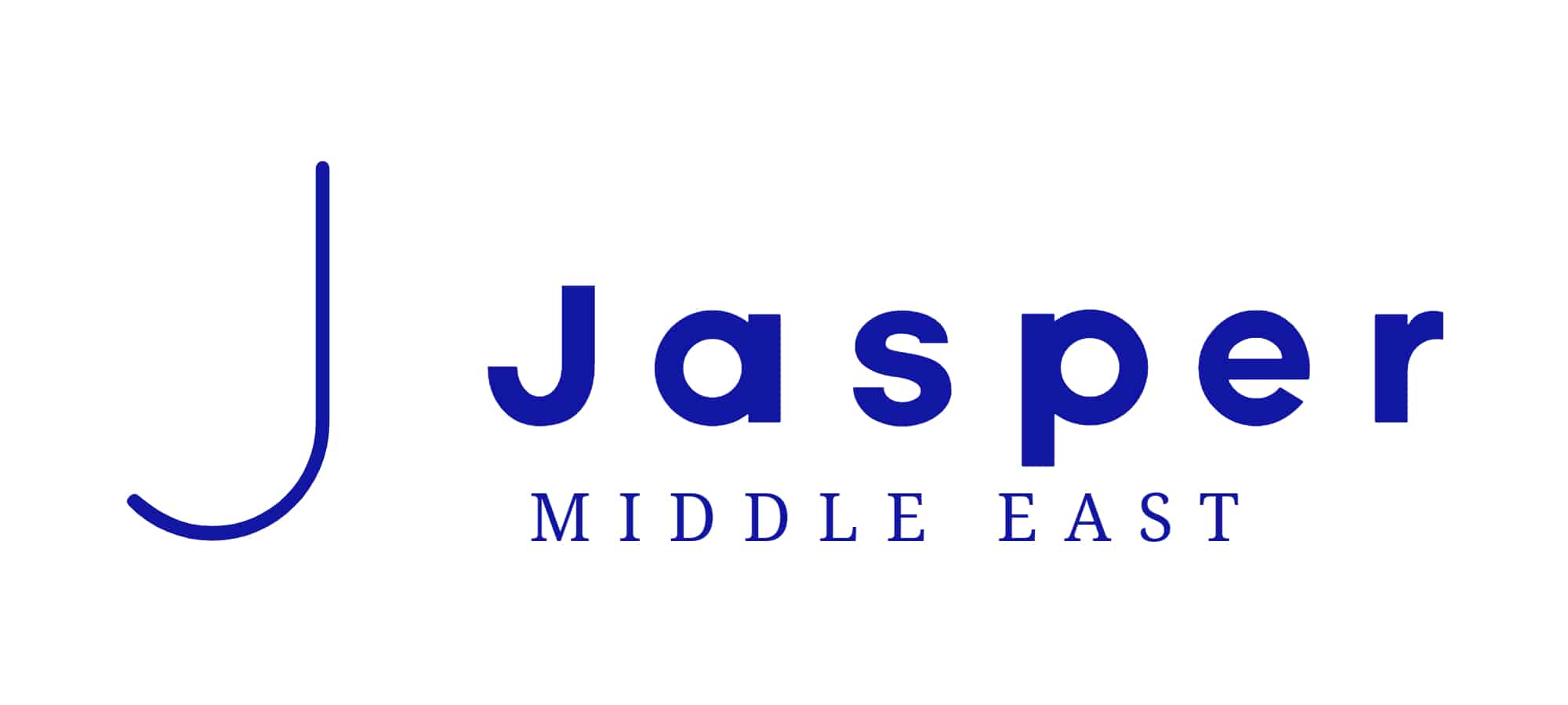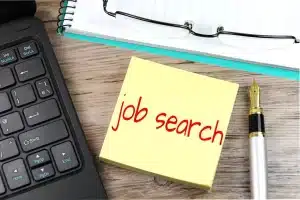As a recruiter, I’ve conducted countless interviews and have heard countless responses to the question, “What are your strengths and weakness?” This question can be tricky, but with the right approach, it can also be a fantastic opportunity for you to showcase your abilities and demonstrate why you’re the best candidate for the job.
Strengths:
Know your strengths: Take some time to reflect on your strengths and what sets you apart from other candidates. Consider what you excel at and what you enjoy doing and make a list of your top strengths.
Be specific: When it comes to identifying your strengths, it’s important to be specific and concrete. Don’t just say that you’re “hardworking” or “organized” – instead, give an example of a situation where you demonstrated these qualities. For example, you could say “I’m very detail-oriented, and I’ve been praised by my supervisors for my ability to catch even the smallest errors in my work.” This gives the interviewer a more concrete understanding of what you bring to the table.
Relate your strengths to the job: It’s also important to match your strengths to the job requirements. If the job requires strong communication skills, highlight your experience with public speaking or working in a team. If the job requires technical skills, describe your experience with specific tools or software.
Keep it brief and be confident: Your answer should be brief and to the point. The interviewer is looking for an overview of your strengths, not a lengthy explanation. Also be confident and positive. Showcase your strengths with pride and speak with conviction.
Be honest: Finally, be honest when answering the question. Don’t exaggerate your strengths or pretend to be someone you’re not. The interviewer will appreciate your honesty and will be able to better assess whether you’re a good fit for the job.
Weaknesses:
Answering the question about your weaknesses can be tricky, but it’s an opportunity to show that you’re self-aware and proactive about improving. When discussing your weaknesses, it’s important to be honest but also to frame them in a positive light.
Be honest: When it comes to discussing your weaknesses, it’s important to be honest. Don’t try to pretend that you don’t have any, as this will come across as insincere. Instead, be open and transparent about your weaknesses, and explain what you’re doing to work on them.
Choose a Real Weakness: It’s important to choose a real weakness that is not directly related to the job you’re applying for. For example, if you’re applying for a sales position, avoid saying that you’re not good at public speaking, as this is a critical aspect of the job. Instead, choose a weakness that won’t have a major impact on your ability to perform the job duties.
Be Specific: When mentioning your weakness, it’s important to be specific and provide a concrete example of how it has affected you in the past. For example, instead of saying “I’m not good at time management,” say “I sometimes struggle with prioritizing my tasks and meeting deadlines, but I’m working on using tools like calendars and to-do lists to stay organized.”
Emphasize Your Efforts to Improve: It’s important to also emphasize your efforts to improve and overcome the weakness. This shows the interviewer that you’re self-aware and proactive in addressing your weaknesses. For example, “I used to struggle with public speaking, but I’ve taken courses and practiced regularly to become more comfortable and confident in front of large crowds.”
Keep Your Answer Positive: It’s important to keep your answer positive and avoid negativity. Focus on the steps you’re taking to improve your weakness, rather than dwelling on the weakness itself.
Avoid over-sharing: Avoid over-sharing and giving too much information. Stick to one weakness that is relevant and not too negative.
Practice Your Answer: Before the interview, practice answering this question so that you feel more confident and prepared when the time comes. This will also help you to choose the right words to use and ensure that your answer is concise and to the point.
In conclusion, answering the question “What are your strengths and weaknesses?” can be a difficult task, but it’s also an opportunity to demonstrate your professionalism, self-awareness, and how you fit into the role. Be specific and concrete, match your strengths to the job requirements, and be honest but positive when discussing your weaknesses. Good luck!
Key points to Remember when answering – What are your strengths and weakness?
- Identifying your strengths. Use concrete examples from your work experience to illustrate them.
- When discussing weaknesses, choose something that is not a fundamental requirement for the role.
- Emphasize how you’re actively working on improving in that area, and provide examples of specific steps you’re taking to address your weakness.
- Always keep the job requirements and company culture in mind when choosing which strengths and weaknesses to highlight during the interview.
Below are some examples of how you can answer this question.
- Strength: Effective Communication – “I consider my ability to effectively communicate as one of my biggest strengths. I’m able to articulate my thoughts and ideas clearly, listen actively, and understand different perspectives, which helps me in both personal and professional relationships.”
- Weakness: Perfectionism – “I have a tendency to be a perfectionist, which can sometimes slow me down. I’m working on balancing my need for perfection with the need for efficiency and learning to prioritize tasks effectively.”
- Strength: Adaptability – “I’m very adaptable and can quickly adjust to new situations and environments. This has allowed me to excel in fast-paced work environments and effectively handle unexpected challenges.”
- Weakness: Impatience – “One of my weaknesses is that I can be impatient at times, especially when things aren’t moving as quickly as I’d like. I’m working on being more patient and understanding that progress takes time.”
- Strength: Leadership – “I have strong leadership skills and the ability to inspire and motivate others. I’ve been able to effectively lead teams and drive projects to successful completion.”
- Weakness: Public Speaking – “Public speaking is a weakness of mine, and I tend to get nervous in front of large crowds. I’m working on improving my public speaking skills through practice and taking courses to become more comfortable and confident.”
- Strength: Analytical Thinking – “I have a strong ability to analyze data, identify patterns, and make informed decisions. This has been a valuable skill in my past roles, particularly in data analysis and strategic planning.”
- Weakness: Time Management – “I sometimes struggle with time management, especially when I have multiple tasks and deadlines. I’m working on prioritizing my tasks and using tools like calendars and to-do lists to stay organized.”
- Strength: Creative Problem-Solving – “I’m a creative problem-solver and enjoy coming up with innovative solutions to complex challenges. I believe this is one of my biggest strengths and has helped me in both personal and professional situations.”
- Weakness: Procrastination – “Procrastination is a weakness of mine, and I sometimes struggle to stay focused and get things done on time. I’m working on developing better time management strategies and building habits that help me stay focused and productive.”
About the Author

Ritu Bhatnagar is a seasoned recruiter with over 15 years of experience in the industry. She founded her own recruitment agency, Jasper Middle East, which specializes in placing top talent in diverse industries. It has offices in UAE and India. Ritu is passionate about connecting businesses with the best talent available and has built a reputation for providing high-quality service. When she’s not recruiting, Ritu can be found exploring her love for fitness and practicing yoga.


One thought on “How to Answer the Interview Question – What are Your Strengths and Weakness?”
Comments are closed.